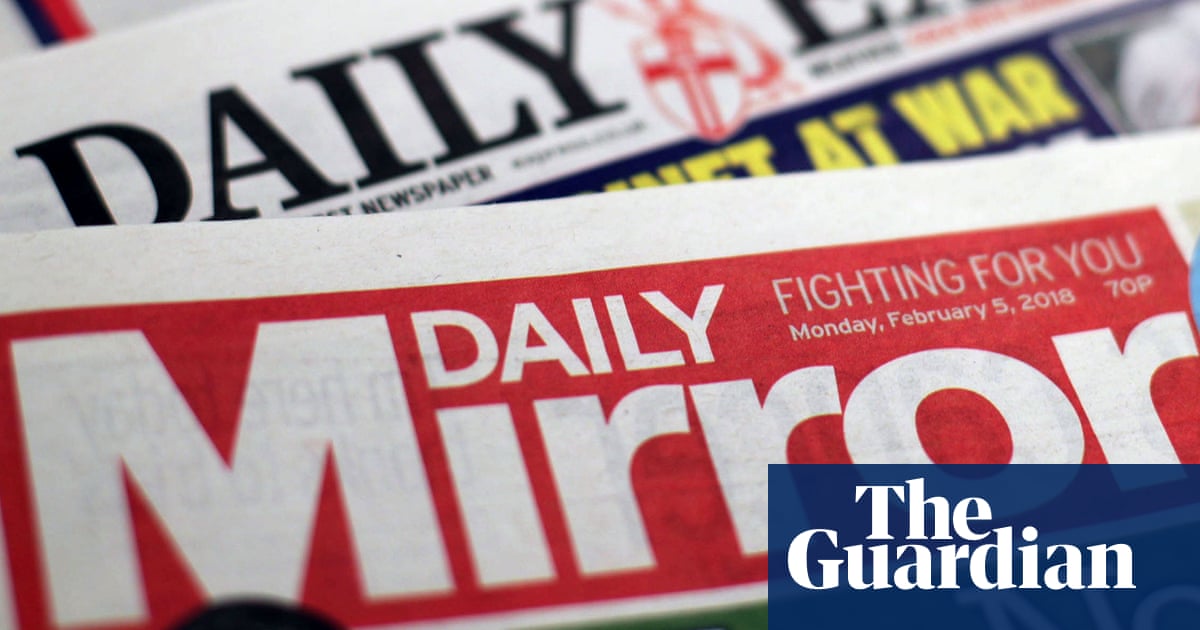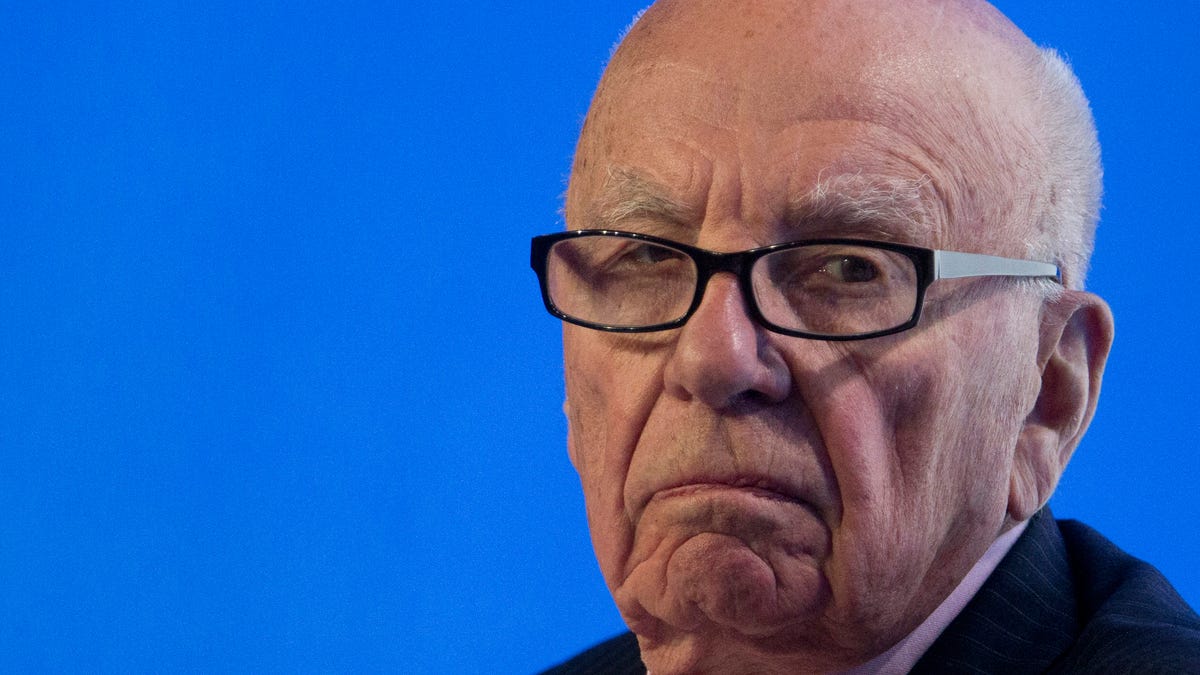- The Publisher Newsletter
- Posts
- Thursday 4th May: Reach blames revenue declines on Facebook
Thursday 4th May: Reach blames revenue declines on Facebook
Good morning! Today's newsletter is brought to you by Peter, who is counting down the hours until our newsletter awards close for entries (just over 40 since this newsletter was sent).
Just two days to get your newsletter entries in
This year we've launched the Publisher Newsletter Awards, celebrating the best in newsletters from publishing companies. Like the Podcast Awards, the Newsletter Awards are free to enter, but you only have until Friday to get your entries in.
The Guardian is reporting that Reach has blamed changes in the way Facebook displays news content for a slide in its digital revenues. The publisher, with a portfolio of national and regional titles, has seen digital revenues drop by almost 15% since January. The group said it had experienced a slowdown in the number of page views from online readers.
That will definitely be changes to 'the presentation of news by Facebook' reducing traffic to its sites. It will be absolutely nothing to do with people switching off from Reach's 'whack-a-mole' UX and general scaling back of locally generated news - it plans to cut operating costs by more than 5% this year with over 600 job cuts tabled between announcements made in March and April.
But, never fear, the group is forging ahead regardless with its investment in a digital operation to break into the US market. According to the Guardian it had almost 100 full-time staff in place to launch US websites for the Mirror and the Express in the coming months. Hopefully Facebook will give them a break in the States.
Sarah Ebner, head of newsletters at the FT, says Substack has proved people are willing to pay for newsletters. At the PPA Festival last week, she explained that there has been a realisation that there might be space for paid products and spotlighted the FT's experiments in selling individual newsletters. One, Inside Politics is available to people who don't otherwise pay for an FT subscription. Written each weekday by ex-New Statesman political editor Stephen Bush, it is £5.99 a month after a 90-day trial period.
The US might not be the only place that the Murdoch empire's questionable media activities end up costing him cash and trashing his reputation. Not long after Fox News' $787 million defamation settlement, Sky News Australia has been found to have presented misleading information as if it were factually true. Australia's media regulator has judged that, across a number of episodes of its Outsiders show, it failed to clearly separate fact from comment and did not present news content either 'accurately or fairly'. It's almost like it's a business model.
This is next level BS from Ol' Musky. In a series of emails to an NPR reporter, he has said he would transfer the network's main account on Twitter to another organization or person. Last month, NPR effectively quit Twitter after Musk applied a label that falsely suggested the network was state-controlled. He dropped the label, but they've not gone back to tweeting and now it looks like he's throwing his toys out the pram. Columbia professor Emily Bell said, "If this is a sign of things to come on Twitter, we might soon see even more of a rapid retreat by media organizations."
More from Media Voices
Is AI a magic technology that will make all our jobs obsolete? Or will it be the silver bullet that ‘saves’ publishing? There are plenty of myths, misconceptions and exaggerations around the use of AI technology in media. I take a look at some of the biggest in this extract from our new report, Practical AI for Local Media.
Our special Practical AI podcast documentary explores how local media organisations have got started with AI projects, the benefits they’re seeing, the challenges they’ve faced and what advice they would give to other publishers looking to get into AI. This episode and our corresponding report have been made possible with the support of United Robots.






